In simple terms, a superfruit is a food that contains a condensed serving of vitamins and powerful phyto-nutrients that are beneficial to human health. These foods benefit the immune system in a variety of ways and it has been found that they can even benefit the health of bone marrow. Research is only beginning to uncover some of the significant health benefits of superfruits, which may be why more people are adding these foods to their diets.
What Are Superfruits?
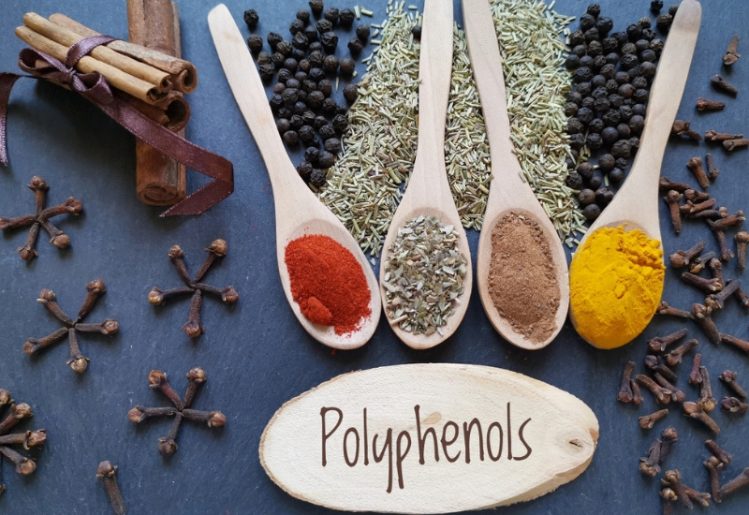 The power of superfruits to boost immunity may help stave off illness and help the body recover faster from injuries by providing the body with antioxidant-rich compounds that are called polyphenols. Polyphenols (flavonoids are just one example) are compounds that are found in many natural plant-based foods, but exist in richer concentrations in superfruits.
The power of superfruits to boost immunity may help stave off illness and help the body recover faster from injuries by providing the body with antioxidant-rich compounds that are called polyphenols. Polyphenols (flavonoids are just one example) are compounds that are found in many natural plant-based foods, but exist in richer concentrations in superfruits.
These compounds have been found to help the body fight off inflammation, while also acting as antioxidant agents. Research into the functions these compounds serve found that they can increase longevity by 30 percent or more when there’s a consistent high level of polyphenols in the body. To achieve this benefit, researchers recommend a daily intake of polyphenols that’s greater than 500 mg.
What Are the Health Benefits of Superfruits?
In addition to increasing longevity, there are many more benefits of superfruits that you can enjoy by adding these foods to your diet. Here is a short list of some of the health benefits that the polyphenols in these fruits deliver.
Regulate Blood Sugar Levels
While it’s common to experience a spike in your blood sugar levels after eating a meal, adding superfruits to your diet can combat that sudden increase. The polyphenols do this by keeping the body from breaking starch down and transforming it into simple sugars. The polyphenols in superfruits may also help regulate insulin production, so more sugars will be pushed to the cells for use as energy.
Improve Heart Health
The antioxidants that polyphenols contain help to decrease inflammation in the cardiovascular system. Since inflammation is a significant factor in causing heart disease, eating more superfruits may help you maintain a healthier heart. Additionally, researchers have found that polyphenols are effective in regulating healthier blood pressure levels and keeping LDL (bad cholesterol) levels lower. These compounds may also be effective in increasing the body’s HDL (good cholesterol) levels.
Protect Cellular Health
Since the antioxidants in polyphenols are effective in reducing inflammation, they may help protect against unhealthy cell growth. Additional research suggests that a high level of polyphenols in the blood may help prevent cancer cells from developing. Even after cancer cells have developed, test-tube research has suggested that polyphenols may help prohibit unhealthy cell growth.
Boost Digestion
If you have digestive problems, eating superfruits may help resolve those problems. This is because polyphenols also promote healthier gut bacteria, which is essential to proper digestion. A higher level of polyphenols has been linked to more diverse growth of beneficial bacteria in the gut microbiome, so peptic ulcers, inflammatory bowel disease and similar conditions may be alleviated.
Improve Cognitive Functioning
In a recent study, older adults who had experienced memory loss and difficulties in concentrating on complex tasks were given polyphenol-rich grape juice. By the end of the study, those seniors drinking the grape juice experienced improved memory and better mental focus. There’s also evidence that polyphenols can support oxygen-rich blood flow to the brain in seniors.
What Are Some of the Most Powerful Superfruits?
If you’re unsure about adding superfruits to your meal plan for each day, taking a supplement can help you boost the polyphenols in your blood supply. Resverchron is a high-quality daily supplement that incorporates the nutrients and beneficial compounds found in a broad range of superfruits. Adding this supplement to your daily routine can help you get that healthy boost even on days when you may not eat as healthily as you plan.
Here is a short list of some of the most powerful superfruits:
Plums: These fruits are known to help stave off metabolic disorders and cardiovascular-related health problems.
 Cherries: While there are a few different types of cherries, they have all been shown effective in reducing the risks of degenerative diseases in seniors.
Cherries: While there are a few different types of cherries, they have all been shown effective in reducing the risks of degenerative diseases in seniors.
Blackberries: Regularly eating these berries can help reduce the risks of degenerative disorders that affect the brain.
Strawberries: The strawberry is one of the most powerful superfruits available, because of all it can do for human health. The polyphenols in this fruit reduce the risks of developing unhealthy cell growth, heart disease, inflammation and metabolic syndrome.
Apples: The polyphenols in this fruit have been credited for extending longevity by as much as 12 percent.
Peaches: This superfruit is effective in reducing the risks of metabolic syndrome, which is common in those suffering from obesity. Peaches may also help reduce risks to your cardiovascular health.
Nectarines: Eating more nectarines will help boost your immune system due to the high content of polyphenols that they deliver.
In general, eating more plant-based fruits will expose you to a greater supply of vitamins, nutrients and other beneficial compounds. Eating more natural foods will help you live a healthier life for longer, but adding some of these superfruits to your daily routine may give you an even bigger health boost.
As research continues, we may find that polyphenols provide even more health benefits, but changing your diet now can help reduce your risks of developing many of the common health hazards mentioned here.
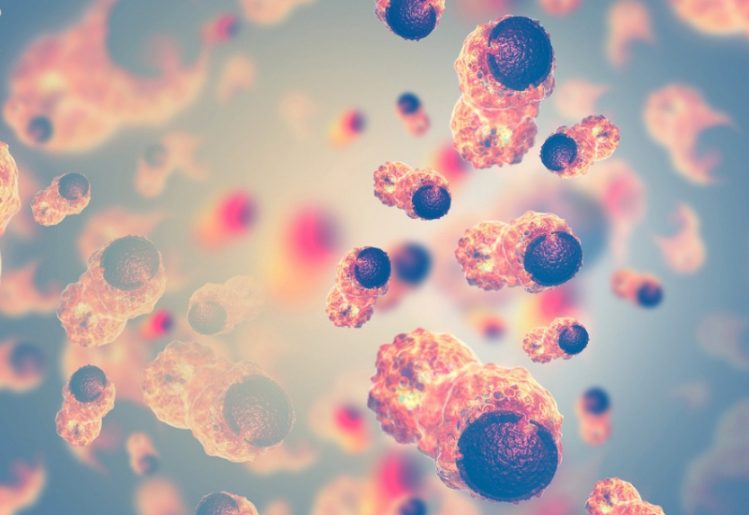 When a large group of cells accumulates in one place, they come together to form a tumor. In other cases, cancerous cells spread throughout the body via the lymph nodes and inhibit the body’s immune system. During this process, which is called metastasis, the cancerous cells will travel to other organs and infect them as well.
When a large group of cells accumulates in one place, they come together to form a tumor. In other cases, cancerous cells spread throughout the body via the lymph nodes and inhibit the body’s immune system. During this process, which is called metastasis, the cancerous cells will travel to other organs and infect them as well.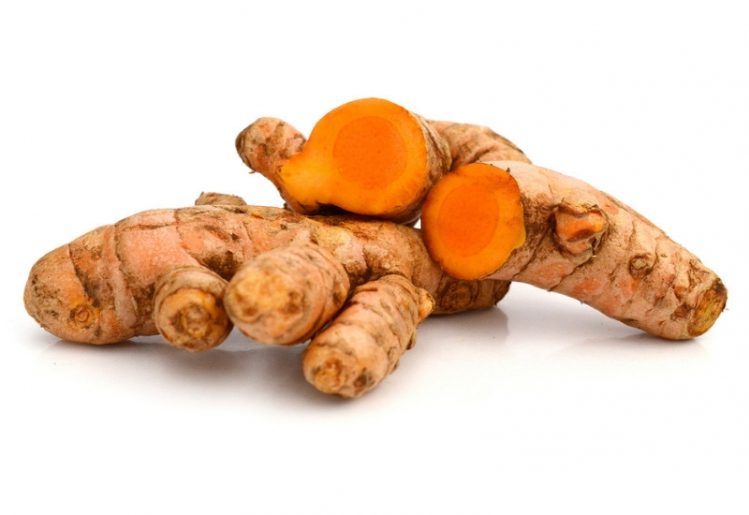 Challenges Warrant Additional Research
Challenges Warrant Additional Research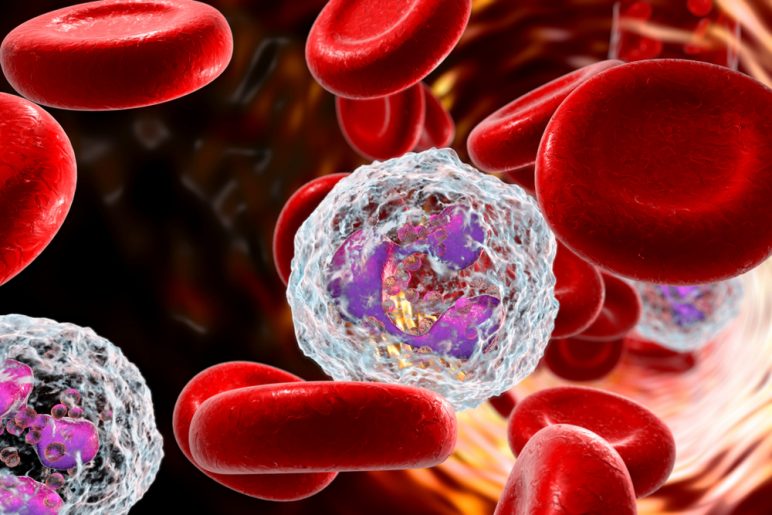 When any part of the body is damaged, the
When any part of the body is damaged, the  Since the FDA doesn’t regulate how much fish oil can be put into a supplement, there are
Since the FDA doesn’t regulate how much fish oil can be put into a supplement, there are  Mondays give many people the blues, but one particular Monday has been
Mondays give many people the blues, but one particular Monday has been  If you are feeling depressed this January, the first step towards feeling better is to acknowledge the problem and seek treatment. There are a variety of treatment options for depression. Therapy, particularly cognitive behavioral therapy, has been found to be effective in treating depression. In addition, there are medications that can help in more serious cases.
If you are feeling depressed this January, the first step towards feeling better is to acknowledge the problem and seek treatment. There are a variety of treatment options for depression. Therapy, particularly cognitive behavioral therapy, has been found to be effective in treating depression. In addition, there are medications that can help in more serious cases. One type of bacteria alone, Helicobacter pylori (H. pylori), affects up to 79 percent of the planet’s population, yet it is becoming increasingly resistant to antibiotic medications. Thus, a joint study with researchers in Germany and in the U.K. has been looking for natural, alternative ways to combat the Helicobacter pylori (H. pylori) infection.
One type of bacteria alone, Helicobacter pylori (H. pylori), affects up to 79 percent of the planet’s population, yet it is becoming increasingly resistant to antibiotic medications. Thus, a joint study with researchers in Germany and in the U.K. has been looking for natural, alternative ways to combat the Helicobacter pylori (H. pylori) infection.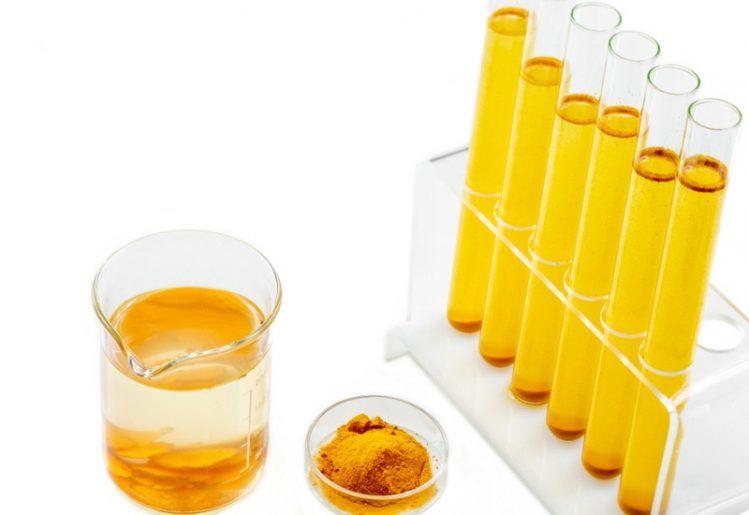 In laboratory testing and studies conducted on mice, curcumin showed promise in
In laboratory testing and studies conducted on mice, curcumin showed promise in  A
A  In previous research, scientists found that diallyl sulfide may affect the risk of developing other types of cancer. In an experiment conducted with mice, it was found that the
In previous research, scientists found that diallyl sulfide may affect the risk of developing other types of cancer. In an experiment conducted with mice, it was found that the